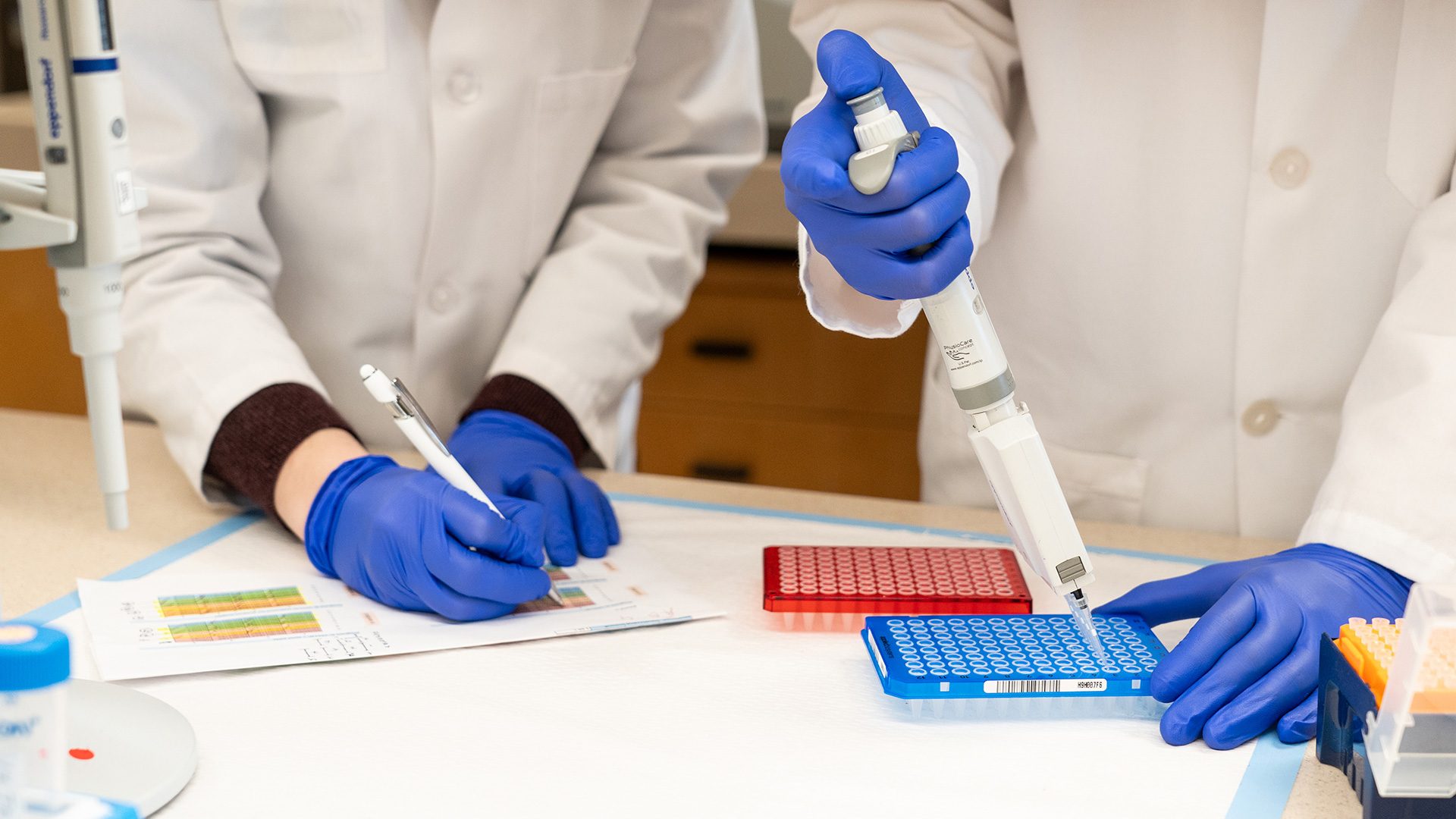Version October 2020
Summary
The Global Parkinson’s Genetics Program (GP2) has developed the following template text to assist researchers who wish to submit samples and/or data to GP2. The template text is intended as a guide, and it can be adapted to reflect local requirements. However, the content should remain true to the goal of international data sharing. When developing your consent document, please be sure to include any additional content required by your local ethics review board which may not be listed below.
Introduction
If not consenting as part of another study: You are invited to take part in the Global Parkinson’s Genetics Program (GP2). This is a research project. Researchers from around the world are collaborating through this project to study the genetics of Parkinson’s Disease. GP2 includes people with and without Parkinson’s Disease. You can find information about GP2 and the researchers leading the program at www.gp2.org.
At [name of institution], this project is being led by [name of investigator]. All research that uses peoples’ personal data must be reviewed by an ethics board or committee. This project has been approved by [ethics board/committee information]. GP2 is funded by the Aligning Science Across Parkinson’s (ASAP) initiative and The Michael J. Fox Foundation for Parkinson’s Research.
If consenting as part of another study: You are invited to take part in [name of study]. This is a research project. [Explain the purpose of this study. Provide details regarding the institution(s), investigator(s), and ethics board review.]
[Name of study] is collaborating with researchers from around the world through the Global Parkinson’s Genetics Program (GP2) to study the genetics of Parkinson’s Disease. GP2 includes people with and without Parkinson’s Disease. You can find more information about GP2 and the researchers leading the program at www.gp2.org.
Voluntariness
Your participation in this study is voluntary. The decision about whether or not to participate is completely up to you. If you choose not to participate in the study, your choice will not affect your medical care.
Research activities
If not consenting as part of another study: If you choose to participate, you will be asked to provide a small sample (less than a tablespoon) of blood [or saliva]. You will also be asked questions about your health and your family history of Parkinson’s Disease.
If consenting as part of another study: [Explain the activities involved in this study. Include the collection of a blood or saliva sample for DNA.]
Payment for Participation
[GP2 will not provide payment for participation. If subjects will be reimbursed for time/inconvenience related to your research activities, please specify.]
[For US studies, specify cost/no-cost to participate.]
Define the research data – genomic and personal data
Your sample will be used to generate genomic data. Genes are the basic ‘instruction book’ for the cells that make up our bodies. Genes are made out of DNA, and all of the DNA in each cell is called the genome. Although our DNA is very similar to each other, your genomic data is entirely unique.
Other types of data about you will also be collected. This may include information about your sex, age, ethnicity, and diseases or syndromes you may have.
Data coding (or pseudonymization)
Information that directly identifies you, such as your name, will be replaced with a ‘code’ or ‘ID number.’ Your name and other identifying information will not be shared with other researchers.
Describe future use
Your samples and data will be used to learn about the genetic differences between people with and without disease. They may also be used in additional research studies involving PD, other neurological conditions, other types of disorders, or other biomedical research studies. These additional studies may involve development of cures, therapies and products and services for the benefit of PD and other patients.
Explain international sharing
This research may be conducted anywhere in the world; the researchers studying your samples and data may be located outside your country. These projects can also take place in universities, hospitals, nonprofit groups, for-profit companies, or government laboratories.
Include commercial/non-academic use
Your sample and data are a gift for research. The future research projects may take place in universities, hospitals, nonprofit groups, for-profit companies, or government laboratories.
Some of the research done with your information may one day lead to new software, tests, drugs, or other commercial products. If this happens, you will not receive any of the profits from these new products.
Explain managed access (and unrestricted access for aggregate data)
Your coded data, will be stored on a secured data platform. Information in this data platform can only be accessed and used by researchers who have been granted formal approval to access data and who have signed agreements to protect the confidentiality of the information. The access agreements also require researchers to respect the laws and ethical guidelines for scientific research.
Your coded data may also be combined with data from many thousands of other people in large-scale analyses. A summary of this data may be made public (openly accessible) to anyone without restriction.
Include storage on cloud servers
Your coded data will be stored on one or more data platforms coordinated by multiple institutions that can be used by researchers around the world. These researchers may be conducting their own projects or may be working on projects coordinated by the sponsors.
The data platform may be hosted on commercial cloud servers. The cloud refers to software and services that run on the Internet, instead of on a specific computer. These cloud servers meet international security and safety standards.
Do not limit duration of storage
Preferred: Your coded samples and/or data will be stored indefinitely or until they are withdrawn or no longer useful for current or future research.
If indefinite storage is not allowed: Your coded samples and/or data may be stored and used for research for 30 (thirty) years.
Explain data withdrawal
You may withdraw consent for research use of your samples and data at any time. If you choose to withdraw, your samples will be destroyed, and your data will be removed from the data platform. However, it may not be possible to retrieve data that has already been distributed for research use.
Request consent to contact the participant for future research
With your permission, we may re-contact you to invite you to provide additional data or to be involved in new research projects.
[Please verify requirements for consent to recontact with your ethics board].
Discuss lack of benefit and risk of re-identification
You will not benefit personally from sharing your data. Participating in the study may help researchers in many areas of scientific research, such as health and genetics.
Your information will be coded, which means it will not be connected to any information that directly identifies you, such as your name, address, and contact information. However, it is very difficult to make genetic information completely anonymous. There is a risk that people that have your information could try to connect it to your identity by combining it with other personal information about you, through a process called re-identification. Also, in the future, new technologies could be developed that make it easier to connect your genetic information to your identity. The risks related to re-identification are difficult to predict at this time.
Because genetic information is shared among people who are biologically related to you, it is possible that information about your family members could also be revealed.
There is always a risk that information from genetic studies might be used to make certain statements or conclusions about groups or communities. In some cases, this can lead to discrimination against individuals, families, groups or communities.
Contacts
[Provide contact information for both local study staff and the regulatory/ethics authority.]

